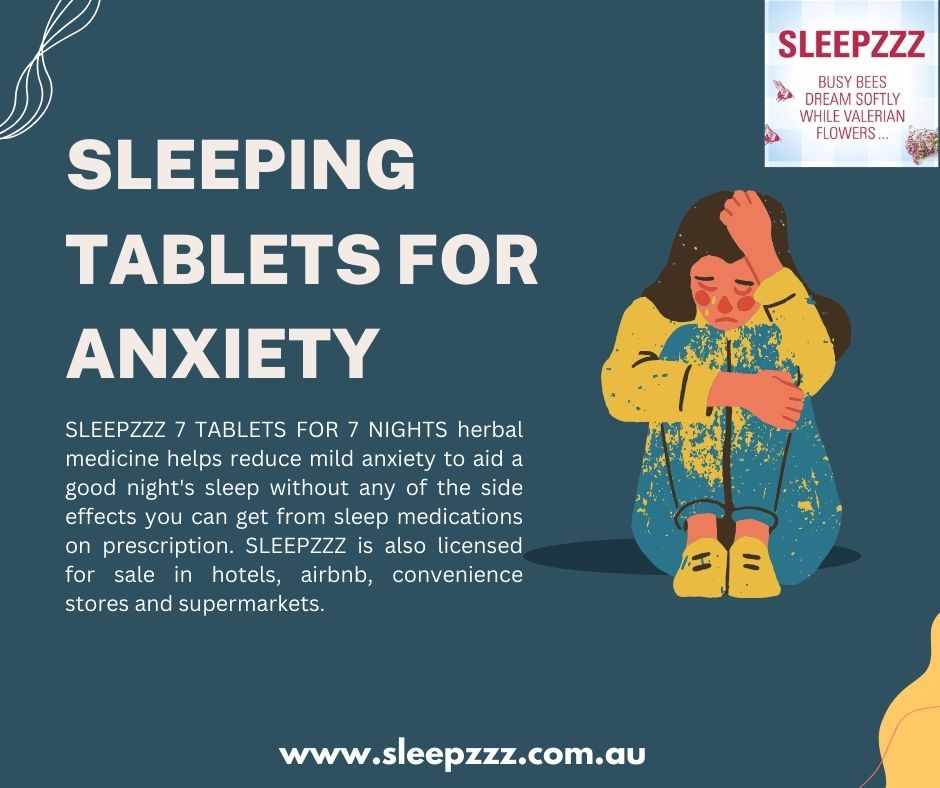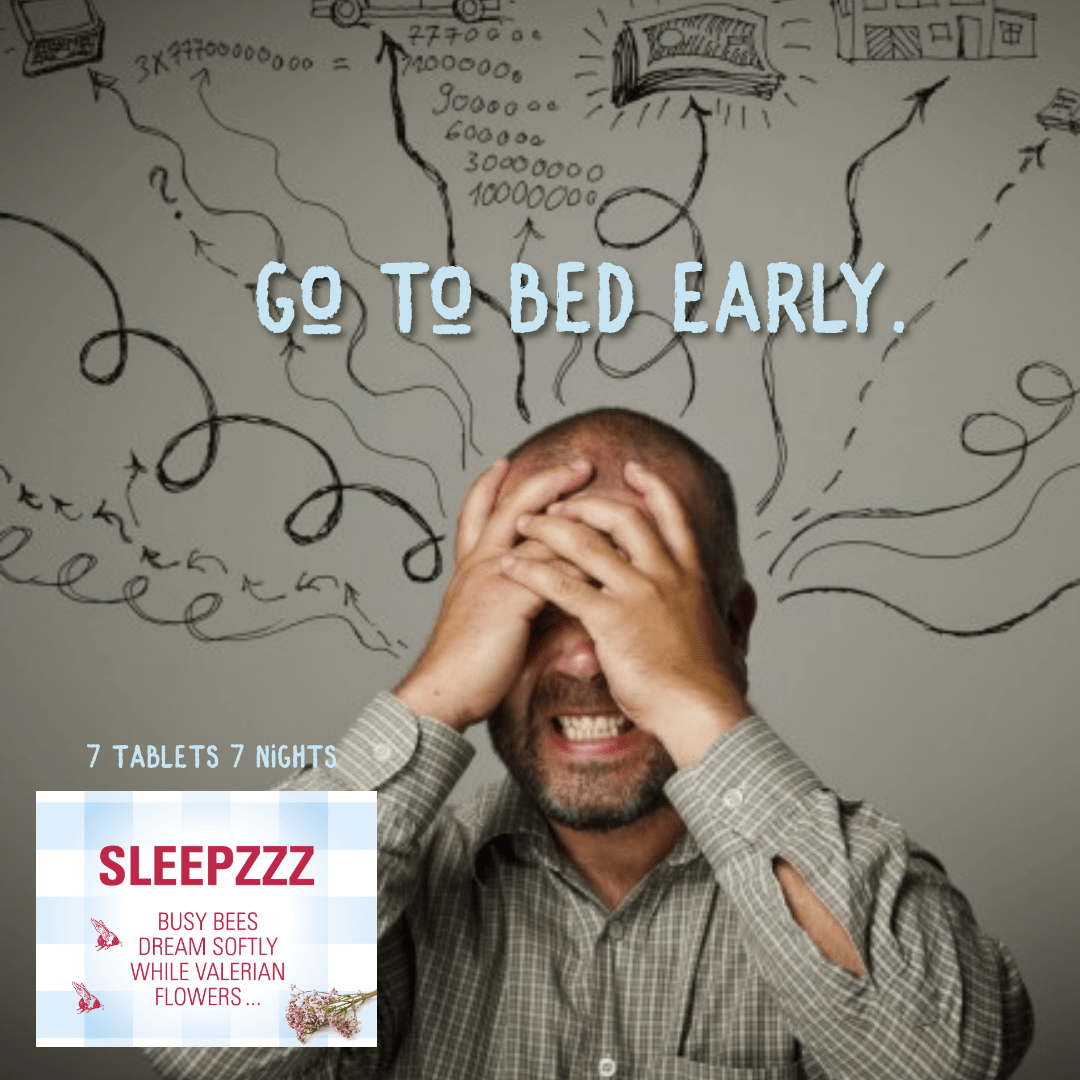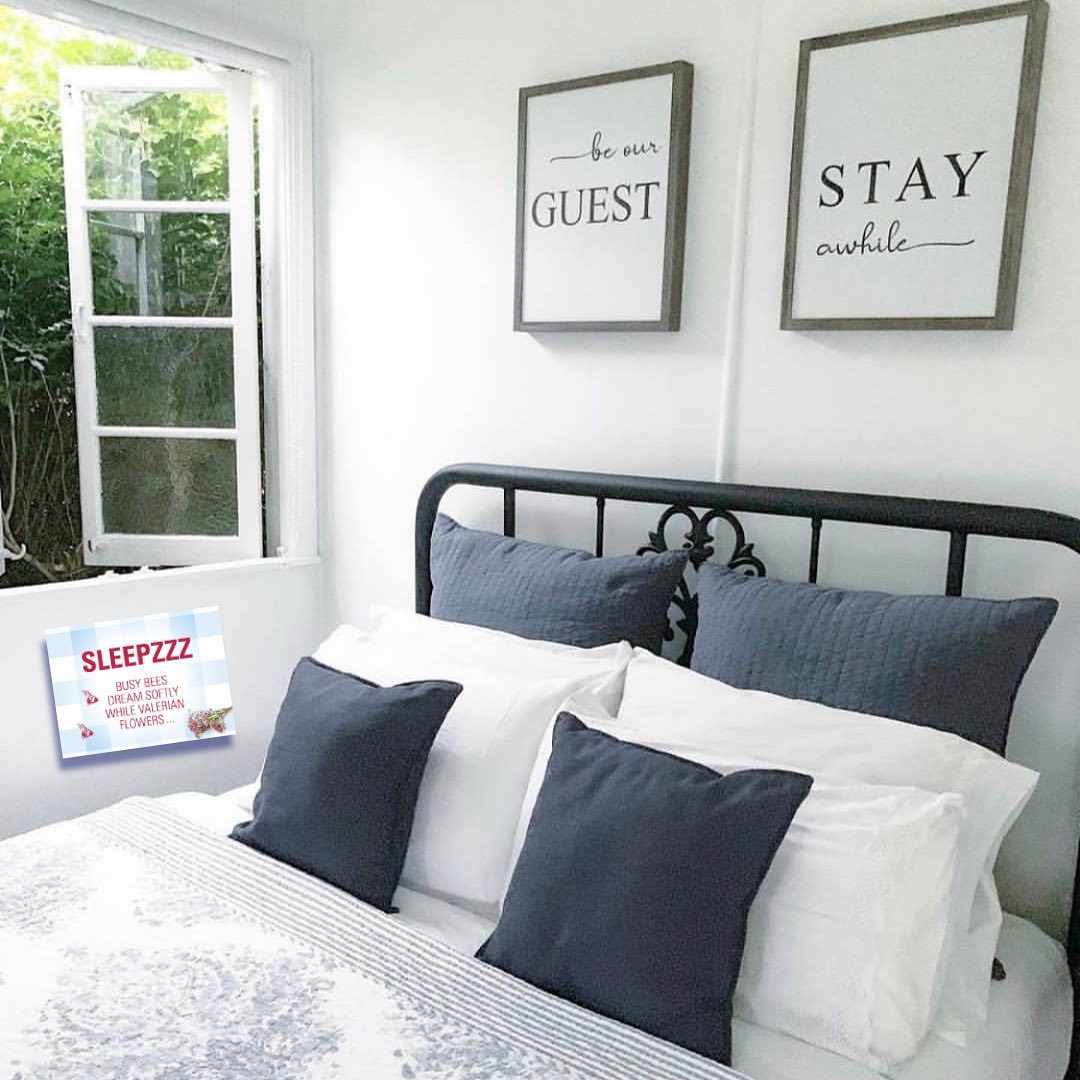.jpg)
Anxiety can cast a shadow on many aspects of life, including the ability to get a good night's sleep. The constant stream of worries and racing thoughts can make it challenging to relax and drift off into slumber. However, there are effective strategies that can help individuals with anxiety improve their sleep quality and experience restful nights. In this blog, we will explore ten practical tips on how to sleep when you have anxiety.
Create a Relaxing Bedtime Ritual:
Establishing a bedtime ritual can signal to your body that it's time to wind down and prepare for sleep. Engage in calming activities before bedtime, such as reading a book, taking a warm bath, or practicing relaxation exercises like deep breathing or progressive muscle relaxation. Consistently following a relaxing bedtime routine can help ease anxiety and promote better sleep.
Set a Consistent Sleep Schedule:
Maintaining a regular sleep schedule is crucial for regulating your body's internal clock and optimizing sleep quality. Try to go to bed and wake up at the same time each day, even on weekends. This helps establish a healthy sleep-wake cycle and can reduce feelings of grogginess and fatigue.
Limit Screen Time Before Bed:
Electronic devices emit blue light, which can interfere with the production of melatonin, a hormone responsible for regulating sleep. Limit screen time at least an hour before bedtime to allow your body to naturally prepare for sleep. Consider engaging in calming activities instead, like reading a physical book or listening to soothing music.
Create a Comfortable Sleep Environment:
Ensure your bedroom is conducive to sleep by creating a relaxing sleep environment. Keep your room dark, quiet, and at a comfortable temperature. Invest in comfortable bedding and consider using blackout curtains or an eye mask if needed.
Write Down Worries and To-Do Lists:
Anxiety often leads to a racing mind, making it challenging to fall asleep. Before bedtime, jot down any worries or tasks that might be lingering in your mind. Creating a to-do list can help offload your thoughts and provide a sense of control over your concerns.
Practice Mindfulness and Meditation:
Mindfulness and meditation practices can be powerful tools for reducing anxiety and promoting relaxation. Before bedtime, try meditating for a few minutes to clear your mind and focus on the present moment. Guided meditation apps or videos can be helpful for beginners.
Limit Stimulants and Alcohol:
Caffeine and alcohol can disrupt sleep patterns and exacerbate anxiety symptoms. Limit your consumption of caffeinated beverages, especially in the afternoon and evening. Avoid alcohol close to bedtime as it can disrupt the quality of your sleep.
Engage in Regular Physical Activity:
Regular exercise can significantly improve sleep quality and reduce anxiety levels. Engaging in physical activity during the day can help tire your body, making it easier to fall asleep at night. However, avoid vigorous exercise close to bedtime, as it may stimulate your body and make it harder to relax.
Seek Support and Talk About Your Anxiety:
If anxiety is interfering with your sleep regularly, consider talking to someone you trust about your feelings. Sharing your concerns can be cathartic and provide emotional support. Additionally, consider seeking professional help from a therapist or counselor experienced in anxiety management and sleep issues.
Consider Natural Sleep Aids:
Some individuals with anxiety find relief through natural sleep aids, such as herbal supplements or melatonin-based products. These can be helpful for some people, but it's essential to consult with a healthcare professional before trying any new supplements.
Dealing with anxiety and its impact on sleep can be challenging, but incorporating these strategies into your daily routine can significantly improve your sleep quality and overall well-being. By establishing a relaxing bedtime ritual, maintaining a consistent sleep schedule, limiting screen time before bed, and practicing mindfulness and meditation, you can create a conducive environment for restful sleep. Remember to seek support if needed and consider natural sleep aids by Sleepzzz under the guidance of a healthcare professional. With patience and perseverance, you can overcome anxiety-related sleep difficulties and experience more peaceful and restorative nights.








Write a comment ...